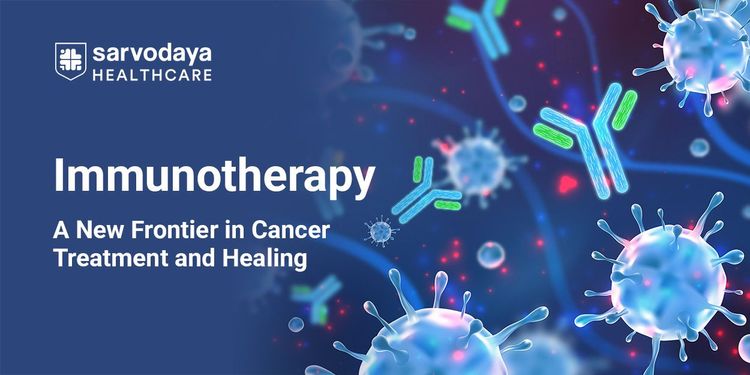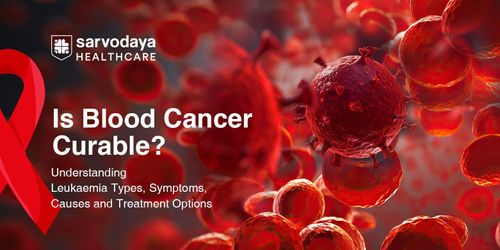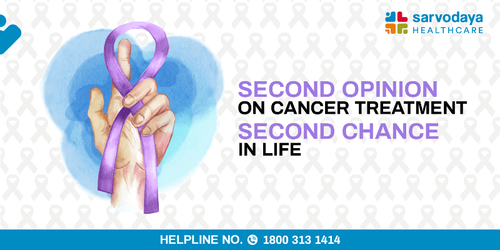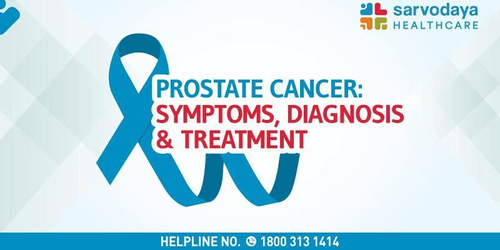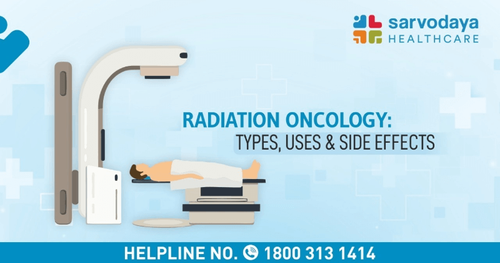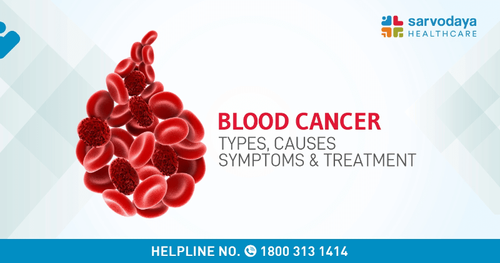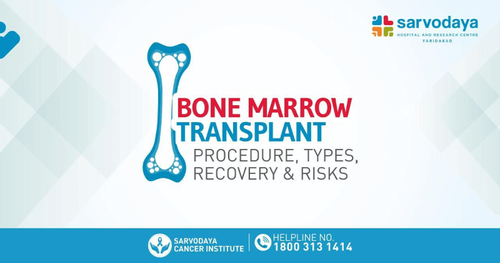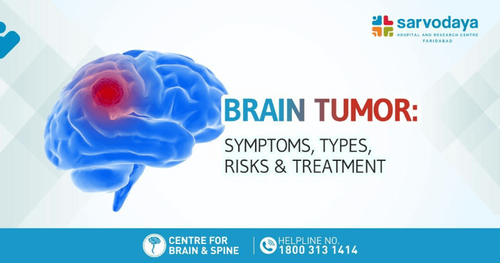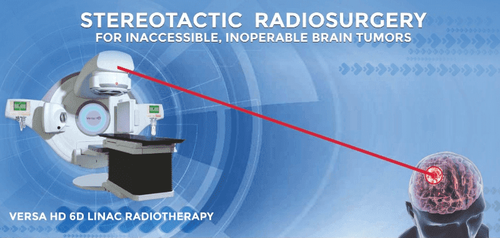Cancer is one of the most significant challenges faced by modern healthcare. For years, the fight against this deadly disease has primarily relied on traditional treatments like surgery, chemotherapy, and radiation. However, the landscape of cancer care has been evolving rapidly, and immunotherapy for cancer is emerging as a game-changer. Unlike conventional methods, immunotherapy harnesses the body’s immune system to fight cancer, offering new hope to patients who have exhausted all other treatment options.
In this blog, we explore how immunotherapy for cancer treatment is changing lives, the various types of immunotherapy available, their advantages, and how they are reshaping the future of cancer care.
Understanding Immunotherapy: A New Frontier in Cancer Treatment
Immunotherapy is a type of cancer treatment that utilises the body’s own immune system to combat cancer cells. The immune system is designed to detect and destroy abnormal cells, but in the case of cancer, it often fails to recognise tumour cells as a threat. Immunotherapy helps to activate or enhance the immune system's ability to attack these cancer cells.
How does immunotherapy work?
Immunotherapy can work in several ways to stimulate the immune system, including:
- Boosting the immune system to help it recognise and destroy cancer cells
- Creating synthetic versions of immune system components to target cancer cells
- Increasing the body’s immune response to tumour cells
There are various types of immunotherapy, and each targets cancer distinctly. Unlike traditional cancer treatments, immunotherapy targets only the cancer cells, resulting in fewer side effects and a better quality of life for patients.
Types of Immunotherapy and How They Work
There are several types of immunotherapy, each with its own mechanism of action. These therapies can be used alone or in combination with other treatments such as chemotherapy, radiation, or surgery.
Below are the most common types of immunotherapy used in cancer treatment:
- Monoclonal Antibodies: These are laboratory-made molecules that can mimic the immune system’s ability to fight off harmful pathogens, such as viruses. In cancer treatment, monoclonal antibodies target specific antigens found on the surface of cancer cells, helping the immune system to recognise and destroy them.
- Immune Checkpoint Inhibitors: One of the most groundbreaking advancements in cancer immunotherapy has been the development of immune checkpoint inhibitors. These drugs work by blocking the proteins on immune cells or tumour cells that prevent immune cells from attacking the cancer. Examples include pembrolizumab (Keytruda) and nivolumab (Opdivo), which are used for several types of cancer, including melanoma and non-small cell lung cancer.
- Cancer Vaccines: Unlike traditional vaccines, cancer vaccines are designed to prevent or treat cancer by stimulating the immune system to target and attack cancer cells. These vaccines can be either preventive (like the HPV vaccine) or therapeutic (like the Provenge vaccine for prostate cancer).
- Adoptive Cell Therapy: This form of therapy involves collecting immune cells from a patient’s blood, modifying them to enhance their cancer-fighting capabilities, and then reintroducing them into the patient’s body. CAR T-cell therapy is a well-known example of adoptive cell therapy.
- Oncolytic Virus Therapy: This therapy utilises genetically modified viruses to infect and kill cancer cells while stimulating the immune system to target and eliminate the remaining cancer cells.
In addition to these options, robotic surgery is being increasingly used in conjunction with immunotherapy. Robotic cancer surgery allows for precise, minimally invasive removal of tumours, which can improve recovery times and reduce complications, providing a comprehensive treatment plan when combined with immunotherapy.
How Immunotherapy is Changing Lives
The advent of immunotherapy for cancer treatment has brought a new dimension to cancer care, offering patients a chance to live longer and with fewer side effects compared to traditional methods. Immunotherapy works by enhancing the body’s natural defences, providing patients with life-extending benefits and improved overall health.
Long-Term Relief and Survival RatesOne of the most significant advantages of immunotherapy is its ability to offer long-term relief. In many cases, immunotherapy has led to complete remission in cancers that were previously considered untreatable. For example, patients with metastatic melanoma, a type of skin cancer, have experienced significant survival rates after undergoing immunotherapy, where traditional treatments failed.
Improved Quality of LifeUnlike chemotherapy or radiation, which often come with debilitating side effects such as fatigue, hair loss, and nausea, immunotherapy tends to have fewer and less severe side effects. This results in a better quality of life, enabling patients to maintain their everyday activities and minimise the physical and emotional impact of cancer treatment.
Psychological and Emotional BenefitsThe ability to see the cancer fight yield tangible results, such as shrinkage or even eradication of the tumour, provides a sense of hope and mental relief for many patients. Immunotherapy is also enabling patients to live with cancer as a chronic disease rather than a terminal illness, which can lead to improved emotional stability and confidence.
Robotic Surgery and ImmunotherapyIn some cases, robotic surgery can play an integral role in treating cancer before or after immunotherapy. This highly advanced, minimally invasive surgery helps reduce recovery times, providing better results and smoother transitions from surgery to immunotherapy.
Conclusion: The Future of Cancer Treatment
Immunotherapy represents a significant breakthrough in cancer treatment, offering patients hope for a future with improved survival rates and a better quality of life. As research continues to advance, we are seeing new therapies and combinations that are making immunotherapy even more effective.
Sarvodaya Hospital, Faridabad, known for being the best cancer hospital in India, is proud to offer state-of-the-art treatments in cancer care, including the latest advancements in immunotherapy. With a team of highly skilled oncologists, we provide personalised treatment plans to ensure the best possible outcomes for our patients. Moreover, Sarvodaya Hospital offers robotic cancer surgery, which combines precision and minimal invasiveness, making it an ideal complement to immunotherapy for many cancer patients.
If you or a loved one is considering cancer treatment with immunotherapy, book an appointment now with Sarvodaya Hospital in Faridabad. Our expert oncologists will guide you through the treatment options, ensuring you receive the best care possible.


